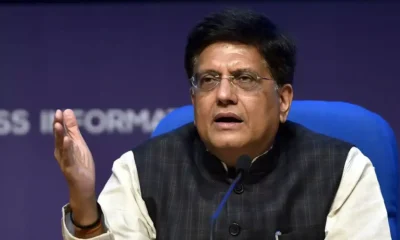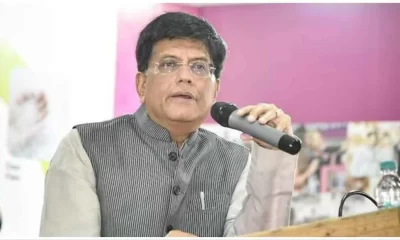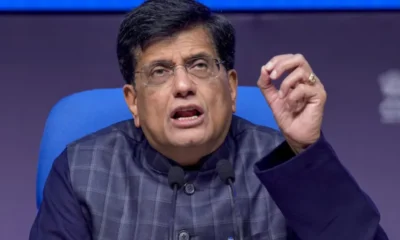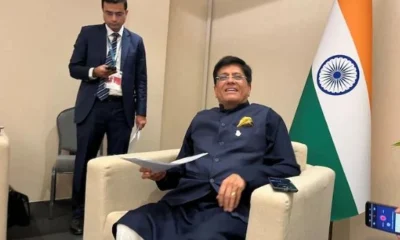Latest business news
Govt clears commercial coal mining for private firms

India News
Union Budget 2026 highlights: Nirmala Sitharaman Raises Capex to Rs 12.2 Lakh Cr, West Bengal Gets Major Allocation
Finance Minister Nirmala Sitharaman is presenting the Union Budget 2026 in Parliament today. Follow this space for live updates, key announcements, and policy insights.
India News
Union budget 2026 to be presented on Sunday with special trading session
The Union Budget 2026 will be presented on a Sunday for the first time in over two decades, with NSE and BSE announcing special trading sessions for the day.
India News
Modi says right time to invest in Indian shipping sector; meets global CEOs
-

 Latest world news21 hours ago
Latest world news21 hours agoIndia rejects Hague court proceedings on Indus Waters Treaty
-

 India News21 hours ago
India News21 hours agoRahul Gandhi, Rajnath Singh clash in Lok Sabha over ex-Army chief’s unpublished book on Ladakh
-

 Latest world news6 hours ago
Latest world news6 hours agoTrump announces trade deal with India, claims New Delhi will stop buying Russian oil
-

 India News6 hours ago
India News6 hours agoMarkets surge as Nifty jumps 750 points after India-US trade deal
-

 India News6 hours ago
India News6 hours agoUS-India trade deal to strengthen strategic partnership, says Amit Shah
-

 India News6 hours ago
India News6 hours agoIndia welcomes US tariff cut as PM Modi thanks Trump for easing trade barriers
-

 LATEST SPORTS NEWS6 hours ago
LATEST SPORTS NEWS6 hours agoPakistan looks to force majeure as India boycott threat looms in T20 World Cup
-

 India News2 hours ago
India News2 hours agoSupreme Court raps Meta over WhatsApp privacy policy














